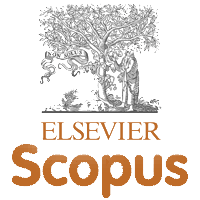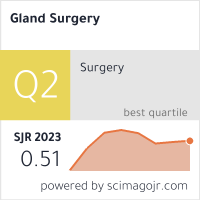A COMPREHENSIVE REVIEW OF STRATEGIC HUMAN RESOURCE MANAGEMENT PRACTICES IN NGOS IN INDIA
Abstract
Human resource management is one of the most dynamic assets of an organization. This review study tracks the development of strategic HRM practices in India's Non-Governmental Organizations (NGOs) from the import-substitution era to the liberalization reforms of 1991 and thereafter. It does this by critically analyzing the practices' history. It evaluates how India's economic policies affect HRM practices used by non-governmental organizations, with a focus on the effects of the country's shift from a mixed economy to a free-market economy and how these changes would affect hiring, skill development, and organizational efficacy. The study also highlights the potential and difficulties NGOs confront in adapting HRM techniques to India's changing socioeconomic landscape, especially in light of the country's growing resource mobilization and competitiveness as a result of economic liberalization. This review provides insights into the strategic HRM landscape of Indian NGOs by emphasizing important trends, best practices, and areas for further study and development. It does this by combining the body of existing literature and empirical data.





